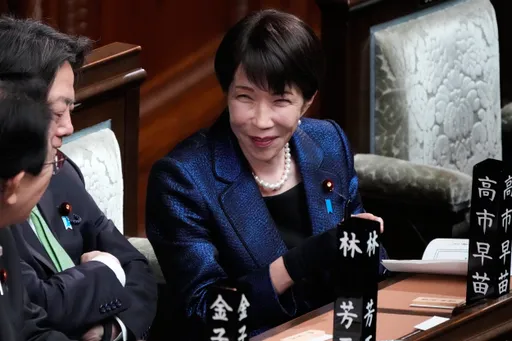A delegation from the Arab League General Secretariat will participate in ‘Riyadh, the Capital of Arab Media’ celebrations amid worldwide pressure on Saudi Arabia over journalist Jamal Khashoggi’s killing on October 2. It remains to be seen whether the decision will prove contentious, given ongoing investigations into the death of Khashoggi.
A journalist and critic of the Saudi government, Khashoggi was killed in the Saudi Consulate in Istanbul while in self-imposed exile for fear of being arrested by the Saudi government. After denying any knowledge of Khashoggi's death for almost two weeks, Riyadh later admitted that he was killed in its consulate in a planned murder.
The killing of the journalist has piled pressure on Saudi Arabia, one of the world’s last remaining absolute monarchies, and brought international attention to freedom of expression, especially in the media.
The event, which will take place on December 19, almost three months after Khashoggi’s killing, comes following the Council of Arab Information Ministers’ decision to choose Riyadh as the Arab Media Capital last May, according to a statement by the Media and Communication sector of the Arab League.
Turkish investigators believe the journalist’s killing was pre-planned and suggest that Saudi Crown Prince Mohammed bin Salman, also known as MBS, was involved in the killing -- a claim that Saudi Arabia’s public prosecutor denies.
In response to the killing, Saudi Arabia fired 21 Saudi nationals and dismissed Deputy Intelligence Chief Ahmad al-Assiri and Saud al-Qahtani, a senior aide to Prince Mohammed. However, the CIA concluded in mid-November that MBS ordered Khashoggi’s assassination.
On December 14, the United States Senate passed a resolution to end US involvement in the Saudi-UAE military campaign in Yemen, stating that MBS was responsible for the murder of the columnist. Two days later, the United Nations called for a ‘credible’ probe into the Khashoggi killing to punish those who are guilty.
For years the Saudi Arabian government has been accused of human rights violations, including imprisoning human rights defenders and silencing its critics. However, human rights organisations have been increasingly expressing their concerns since the crown prince’s takeover in 2015, saying that the limited freedom of expression under his father King Salman has been completely shut down.
Three Saudi princes living in the Europe, all critics of the Saudi government, disappeared between 2015 and 2017.
Human Rights Watch reported in May 2018 that the kingdom arbitrarily detained thousands more people in a six-month period, without referring them to courts for criminal proceedings.
In 2016, MBS introduced his Vision 2030 plan for the kingdom, rebranding himself as a reformist bringing socio-economic changes to the country with a campaign aimed at fostering a more open and vibrant image of Saudi Arabia.
“[MBS] wants to control the whole scene: He’s a transformer, he wants to have a monopoly on the narrative, on the ideas that are being exchanged in Saudi Arabia. And right now he does have total control,” Khashoggi was quoted as saying in March 2018, in an article by the Columbia Journalism Review.
“The American media should not see the cup half full—see only the reform. Yes, he’s fulfilling a promise to purge radicalism in Saudi Arabia. At the same time however, he’s not allowing any form of expression, except expression that supports him,” he said.
According to the statement by the Arab League, the meeting will discuss enhancing the Committee's roles in the implementation of activities in the Plan of Action of Arab Information Strategy.























